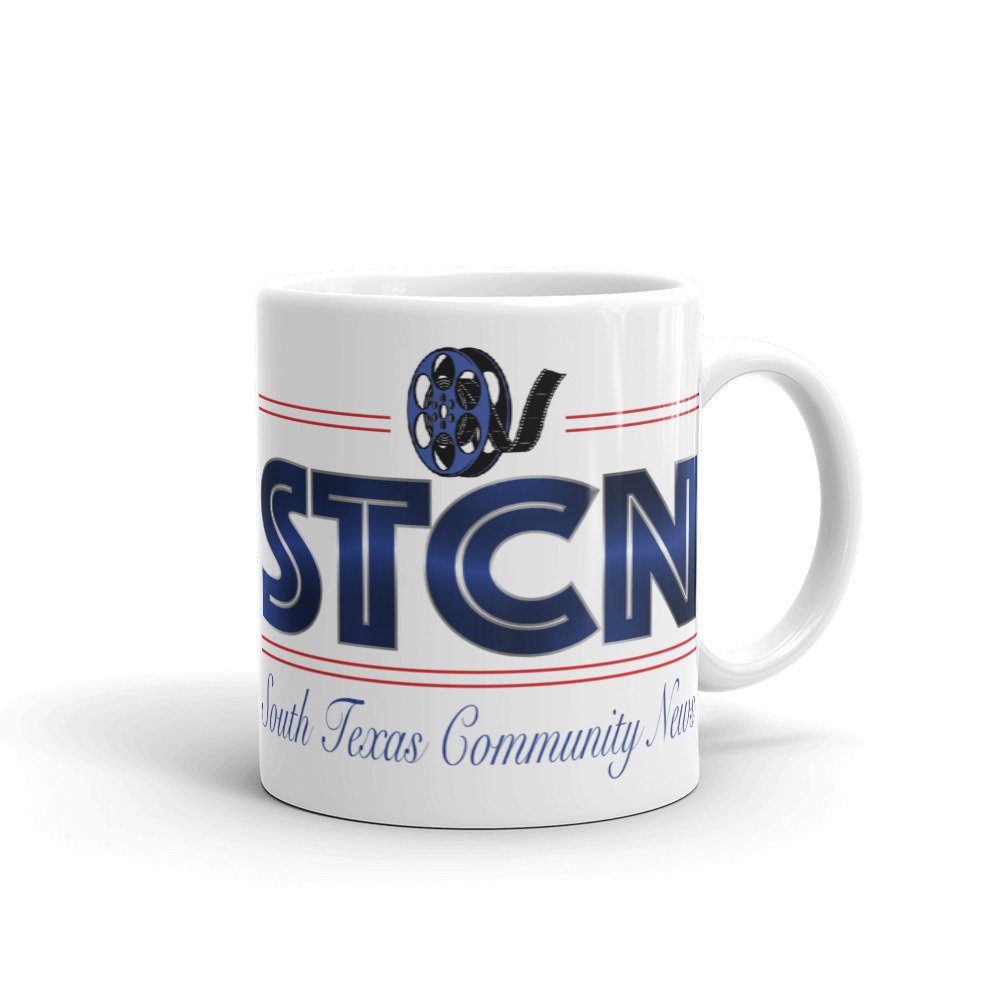HHSC Launches Human Trafficking Prevention Training Course
Texas Health and Human Services Commission
AUSTIN (News Release) – The Texas Health and Human Services Commission is encouraging health care practitioners and interested members of the public to take its new online human trafficking awareness and prevention training course.
The free online course, “HEART”—which stands for “Hearing, Evaluating, Activating, Resourcing and Training”—teaches physicians, nurses and other health care providers how to recognize the signs or red flags of trafficking, support the well-being of at-risk individuals, and understand how trauma impacts overall health outcomes.
“We are confident that health care practitioners who complete this new training will be better equipped to identify trafficking, and this will lead to better outcomes for survivors of this devastating crime,” said Michael Roberts, associate commissioner for HHSC Specialty and Family Services.
During National Slavery and Human Trafficking Prevention Month in January, organizations throughout the nation raise awareness of human trafficking, or the exploitation of people for commercial sex or labor against their will. According to a 2016 study by The University of Texas at Austin, at any given time there are an estimated 234,000 victims of labor trafficking and 79,000 youth victims of sex trafficking in Texas.
House Bill 2059, from the 86th Legislature in 2019, requires HHSC to review training courses on human trafficking for health care practitioners and list approved trainings on its website. Certain health care practitioners must complete an approved course to renew their registration or license.
HHSC also recently launched the new Stop Human Trafficking public donation account to raise funds for youth survivors of human trafficking. House Bill 2633 from the 87th Legislature in 2021 authorizes the creation of the account to provide grants to facilities committed to the recovery and protection of vulnerable children and adolescents impacted by human trafficking. To learn more, visit the Stop Human Trafficking donation webpage.
For more information about human trafficking, visit the HHS website.



